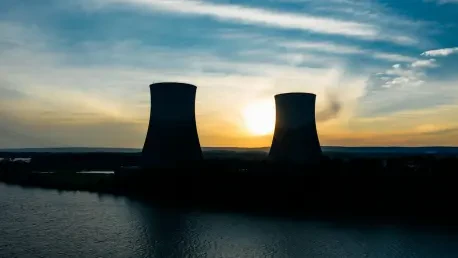
As climate change increasingly demands action, cities worldwide have emerged as critical players in implementing climate initiatives amid federal policy retreats. The importance of local governance is growing as national governments, like the United States under the Trump administration, pull back

In a rapidly evolving energy sector, Christopher Hailstone stands out with his extensive expertise in energy management, renewable energy, and electricity delivery. Known for his authoritative insights into grid reliability and security, Hailstone shares his thoughts on the upcoming restart of the

Picture a future where the soot-covered skies of bustling metropolitan areas are replaced by clear, blue horizons, all thanks to an earth-friendly railway system. The promise of greener cities is increasingly within reach, as two industrial giants—Outokumpu and Alstom—join forces in an

In Memphis, Tennessee, a serious debate is unfolding over air quality concerns linked to xAI's operations in the city's industrial sector. Recent independent air quality tests commissioned by the City of Memphis have provided some assurance to residents, as they found no dangerous levels of

With us today is Christopher Hailstone, a respected authority in energy management and renewable energy. In light of recent actions by Congress affecting California's truck emissions rules, Christopher will share his insights on what these changes mean for the future of zero-emissions vehicles and

In an urgent public health announcement, the National Weather Service alerted residents of New York City, including all its boroughs and outlying areas like Rockland and Westchester counties, about deteriorated air quality. This alert, in effect until the subsequent Monday evening, has been